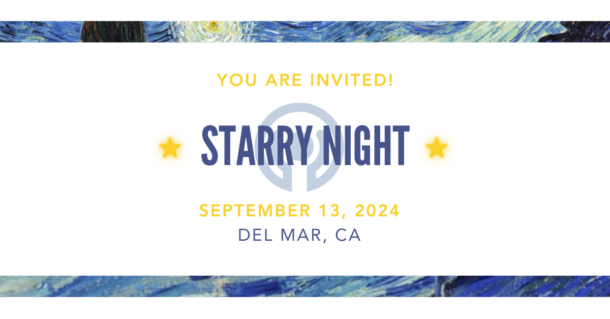What does it mean to me, in terms of self-identity, to have a dual-diagnosis of bipolar type II disorder (classified as a “mood” disorder) and borderline personality disorder (classified as a “personality” disorder)? I looked up the (psychology) definition of the word “personality” on dictionary.com and found that they define the term in two ways:
- the sum total of the physical, mental, emotional, and social
- characteristics of an individual.
the organized pattern of behavioral characteristics of the individual.
The way psychology and psychiatry, to me, organize “mood” disorders and “personality” disorders seems rather arbitrary. I can understand why they do it – mood disorders are typically treated with medication and therapy while personality disorders are usually treated with only therapy. Unless there is a dual-diagnosis with something like bipolar, anxiety or depression, medication is mostly thought to not be effective in treating “personality” disorders. But labeling a person’s very personality as being “disordered” can do a lot of harm to their sense of self. The stigma against personality disorders is so intense that I might be making myself unemployable by speaking about this so openly on the internet, that some doctors won’t work with or will have poor impressions of a “borderline” patient before even meeting them.
This is why I choose to think of both of my disorders as just disorders. I don’t distinguish between the pain I have felt from bipolar depressive episodes and the pain I feel from borderline depressive episodes. I think of my borderline just as one of the many limbs of my mental health and as just another thing I have to be aware of and try to control to the best of my ability. I do not believe my “personality” to be disordered so much as my coping skills are damaged or underdeveloped. I think of myself as sensitive – with strong reactions and a longer-than-most span of time needed to return to my “baseline” when I am upset. I don’t separate myself from the disorders – either of them – I just do the best I can with the skills and character I have and try to develop them.
This is what borderline means to me: I have short (half of a day to one day, usually) depressive episodes that are intense but I can survive. Sometimes when I am under a lot of stress I can begin to have paranoid thoughts. I get very anxious about “abandonment” – like if I think my fiancé is mad at me or if he has to go on a trip without me – but I am working on feeling more secure and being better about this.
When I was first given my bipolar diagnosis I was relieved because I felt like if there was a name for what I had, there was also a solution (which there has been, it’s just not as direct a path as we wish it was). When I was given my borderline diagnosis something like two years later, it was different. There was no treatment option provided – it was just ham-fistedly handed to me that my personality was “disordered.” It really affected my sense of self for a while until I grew to realize that it really wasn’t all that different from bipolar disorder – just shorter, very intense episodes of depression. That is how I have come to understand my borderline. There will most likely be a different understanding of it from each person who has it.
Another thing that bothered me about the borderline diagnosis was that it is very gendered. Women are overwhelmingly the ones diagnosed with borderline personality disorder; it’s rare to find a man with the diagnosis. This really irked the feminist facet of my personality. It felt as though I had been diagnosed with “hysteria” or “wandering uterus syndrome.” Some people believe borderline is used as a catch-all for mental illness symptoms which don’t respond to the current medications we have available and that someday it will be defined very differently – whether that means the way it is categorized, treated or that the very diagnosis itself may be divided into more diagnoses or disappear entirely.
And if we really look at the definition of personality I found, how is borderline more of a personality disorder than bipolar, depression, anxiety, PTSD, OCD or most other disorders? I suppose borderline could be considered a more constant state than the other disorders, which could be considered more episodic, but I don’t “feel borderline” all of the time. For me it’s something that comes up episodically, like the bipolar but more frequently and for shorter durations.
Many people have more severe cases of both borderline and bipolar than I do, so maybe it’s my privilege showing that I don’t “feel borderline” all of the time. The older I get, the less both the bipolar and the borderline seem to effect me – which is how it should work for most people because of the way the brain changes with age. I am not my bipolar disorder, I am not my borderline disorder – but I also don’t know exactly who I would be without them. They’re just facets of myself that I’ve gotten to know, and will continue to get to know, and cope with the best I can.
What we can be committed to is busting the stigma of borderline (and all other mental illnesses) so the diagnosis doesn’t feel like such a sentence to the people who receive it, so the very mental health professionals who are supposed to be helping us don’t discriminate against us, so I don’t have to wonder if I should tell a new therapist about my borderline or not for fear of being dismissed and so I don’t have to worry about having my name as a by-line on these articles and what that could mean for my future.
Read the rest of Kait’s posts here.


